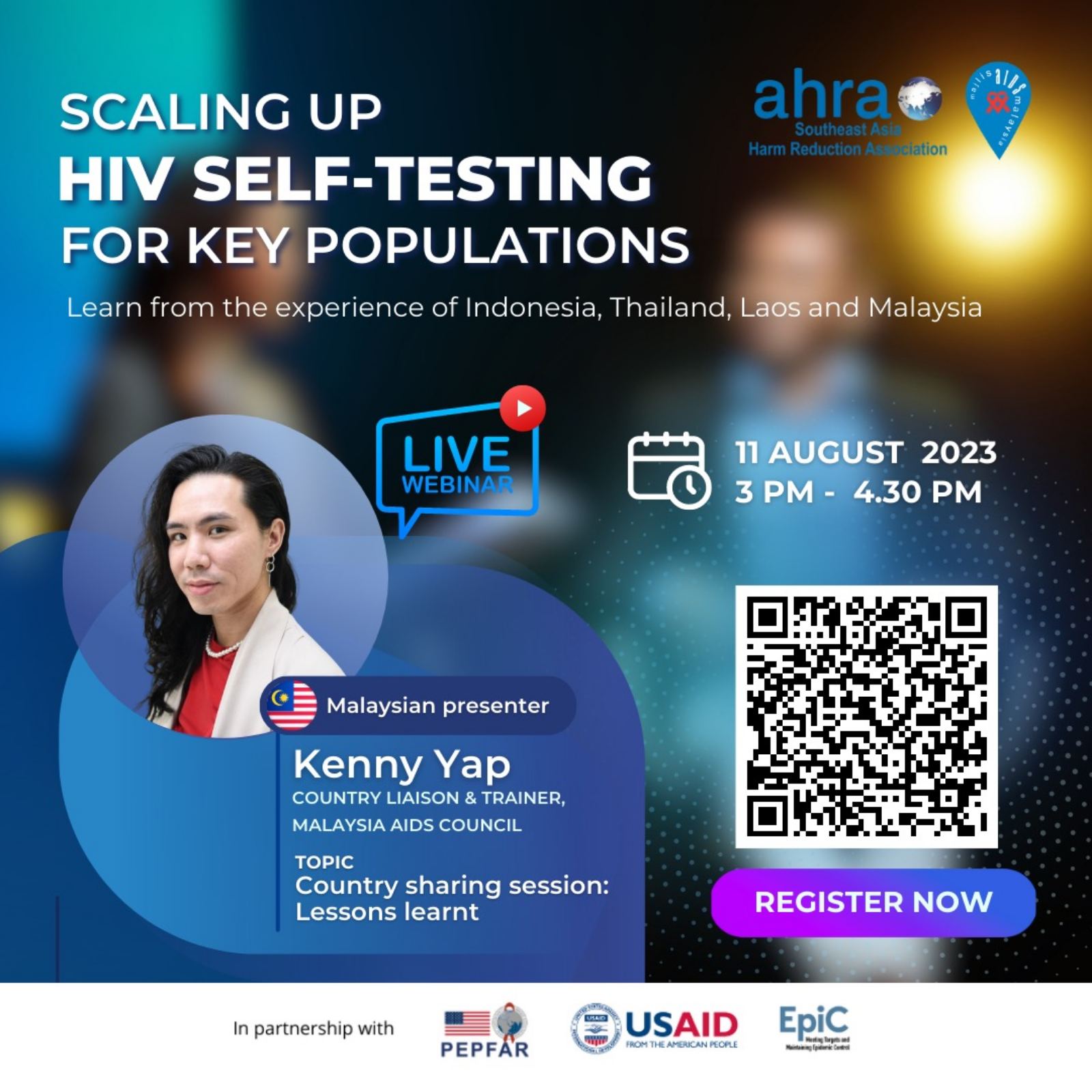A needle and syringe program (NSP) is a service that offers people who inject drugs (PWID) access to sterile injecting equipment, along with resources for proper needle and syringe disposal. These programs aim to reduce the transmission of blood-borne infections, such as HIV and hepatitis, by providing clean needles and syringes.
NSPs can take the form of fixed sites, where individuals can visit to exchange used needles for new ones, or mobile outreach services that reach PWID in various locations. In addition to providing sterile injecting equipment, NSPs often offer a range of other harm reduction services. These may include:
- Advice and Information: NSPs provide education and information on safe injection practices, reducing the risks associated with drug use, and preventing the spread of infections.
- Counseling and Support: Many NSPs offer counseling services to PWID, providing support, guidance, and referrals to other health and social services.
- Health Care Referrals: NSPs may connect individuals with healthcare providers and other support services, such as substance abuse treatment programs, HIV testing and treatment, and mental health services.
- Overdose Prevention: Some NSPs distribute naloxone, an opioid overdose reversal medication, and provide training on its use to prevent fatal overdoses.
By offering sterile injecting equipment, safe disposal options, and a range of additional services, NSPs play a crucial role in promoting harm reduction among PWID. These programs help prevent the transmission of blood-borne infections, reduce the risk of overdose, and provide support and resources for individuals seeking to improve their health and well-being.

